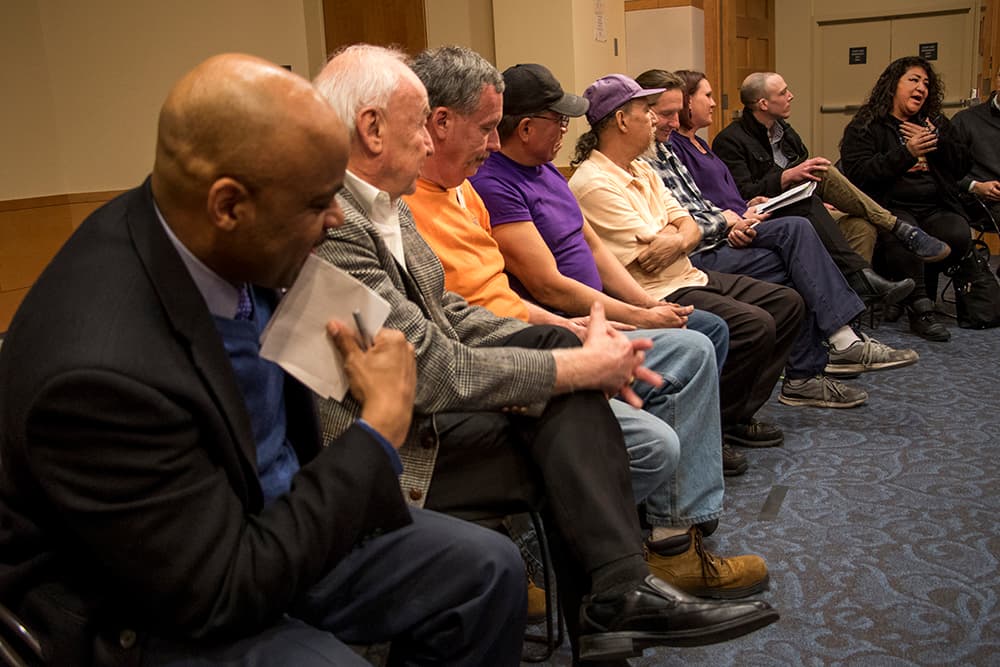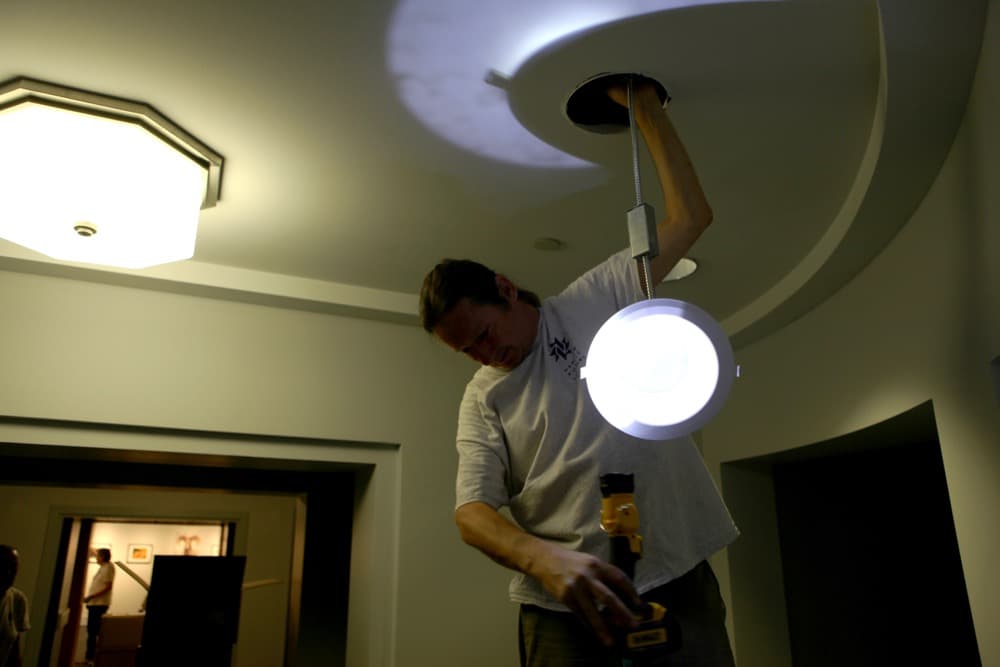
Denver city officials are claiming success for the first year of an experimental program to find jobs for people who need work and housing. Now, they're ready to expand.
The program attracted massive attention when it was first announced more than a year ago. Since then, it has deployed work crews twice a week, with wages starting at $12.59 an hour for tasks such as cleaning city parks. In some cases, they go on to find permanent work at jobs from King Soopers to Napa Auto Parts and the Denver Zoo.
In the year ahead, the program's funding will expand from its first year-funding of $400,000 to about $700,000 for 2018. Starting next month, crews will head out four days per week.
“Denver Day Works started with the simple idea of providing those experiencing homelessness, regardless of their background, the opportunity to work, earn some income and connect into a network of resources designed to help them improve their well-being,” Mayor Michael Hancock said in a news release.

The program so far:
About 110 people have found long-term jobs, and 57 of them are still at the same job, the city reported. (We spoke with a few of those people last summer.)
In all, 50 different organizations have hired people. Most of the positions have been at private for-profit companies, although Denver also has hired 12 people into jobs with the parks system, the library and public works, according to an evaluation by the Center on Network Science at University of Colorado's School of Public Affairs.
Demand has been so strong that about 70 people are now waiting for the chance to work, resulting in delays of up to two months to get into the program. The program has met its first-year goals in every category except one: It aimed to place at least 20 people into city agencies, but it has only found city jobs for 12 people.
Only about a quarter of the funding, about $212,000 over the first 1.5 years is expected to ultimately go to wages for the work crews, plus $37,000 more in gift cards for people who don't have documentation to accept payment.
Another $421,000 goes to program staff, including a manager, experts to help people find services, crew supervisors and a bus driver. A further $182,384 over that period is expected to go to expenses such as clothing, vehicle maintenance, meals and more.
In the report, staff described DDW as a "resource intensive program," especially in terms of staff time.
About 76 percent of the first-year participants identified as male. About 35 percent had done some college or earned a degree. The report suggested that the program could do more to attract women, minorities and people with disabilities.
The evaluation said the program enjoyed strong support in its first year, and that it offered "unique low-barrier work opportunities."
Denver Day Works is a city program but it is run by the nonprofit Bayaud Enterprises.












